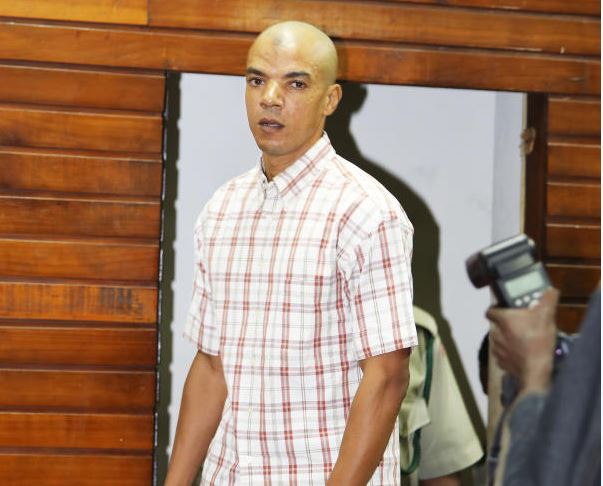×
The Standard e-Paper
Stay Informed, Even Offline

British national Jermaine Grant has been jailed for four years after he was found guilty of possessing bomb-making material.
Last month, a magistrate convicted Grant on a single charge of possession of explosives, after finding that the prosecution had proved that the Briton was preparing a bomb to detonate in Mombasa.